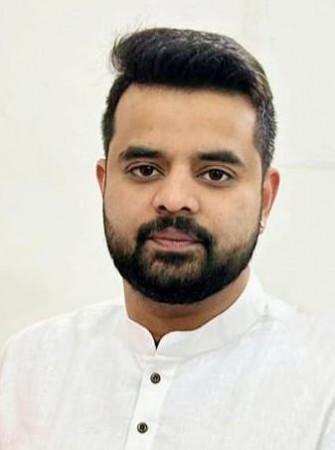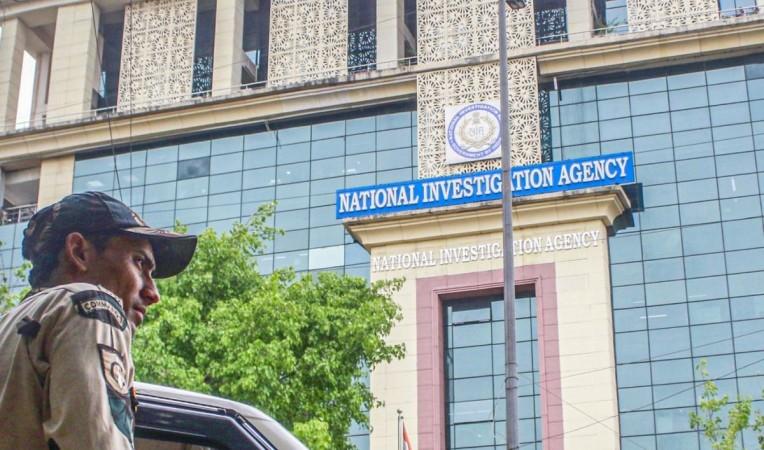
The Special Court for MP/MLA cases in Bengaluru has once again denied bail to former JD(S) MP Prajwal Revanna.
The case, which involves allegations of rape and the circulation of an obscene video, has attracted considerable attention due to Revanna's political lineage as the grandson of former Prime Minister H.D. Deve Gowda. This marks the second time Revanna has sought bail, following a previous rejection last year.
The court's decision to reject the bail petition was delivered on a Friday, following a detailed hearing of arguments from both sides.
Vikram Huilgol, representing Prajwal Revanna, argued that his client had been in custody for 14 months. He highlighted that another accused in the case, H.D. Revanna, Prajwal's father and a JD(S) MLA, had successfully obtained a stay order from the High Court. Huilgol contended that this precedent should allow for Prajwal's release on bail as well.
However, the Special Investigation Team (SIT) counsels opposed the bail request, urging the court to dismiss it. After considering the arguments, the court decided against granting bail to Prajwal Revanna. This decision aligns with the Karnataka High Court's earlier directive, which instructed Revanna to approach the trial court for a second bail attempt and mandated a decision within ten days.
Legal Proceedings and Court Directives
Senior Advocate Prabhuling Navadgi, representing Revanna, had previously argued that the High Court possessed the authority to directly hear the bail petition. He urged the High Court to make a decision without involving the trial court. Nevertheless, the High Court directed Revanna to first seek relief from the trial court, leading to the current proceedings.
Prajwal Revanna remains incarcerated in Bengaluru Central Prison, facing a total of four rape charges. The case has been a focal point of public and media scrutiny, given the serious nature of the allegations and the political connections involved. The Karnataka High Court recently rejected a plea to defer Revanna's rape trial, emphasizing that any instruction to delay the trial could undermine the trial court's authority.

Bhavani Revanna, who is also facing allegations of kidnapping and intimidation related to the case, had requested a transfer of the trial to a different court, which was denied. She argued that the trial court had not adequately addressed her requests and had proceeded with the hearing despite her concerns. The court's firm stance underscores the judiciary's commitment to a thorough examination of the charges against Prajwal Revanna.
Supreme Court Involvement and Historical Context
The Supreme Court has also been involved in the legal proceedings surrounding Prajwal Revanna. Senior advocate Mukul Rohatgi, representing Revanna, argued that the allegations were politically motivated and aimed at gaining political mileage. He contended that the charges were part of a conspiracy against Revanna, who had previously served as an MP and was contesting for the position again. Despite these arguments, the Supreme Court dismissed Revanna's bail plea, citing the seriousness of the charges.
The legal battle has been marked by a series of rejections of bail pleas at various judicial levels. The Karnataka High Court has consistently denied bail to Revanna in multiple cases, emphasizing the gravity of the allegations and the need for a thorough judicial process. The court has also highlighted inconsistencies in the statements of the complainants and the delay in lodging complaints, which have been points of contention in the defense's arguments.
Historically, cases involving allegations of sexual misconduct and political figures have often been fraught with complexities, including claims of political vendettas and media scrutiny. The legal proceedings against Prajwal Revanna continue to unfold, with the courts maintaining a firm stance on the need for a comprehensive examination of the evidence and allegations.
As the case progresses, it remains a significant point of interest for both the public and the media, given its implications for political accountability and the judicial process. The outcome of the legal proceedings will likely have far-reaching consequences, not only for Prajwal Revanna but also for the broader political landscape in Karnataka.












